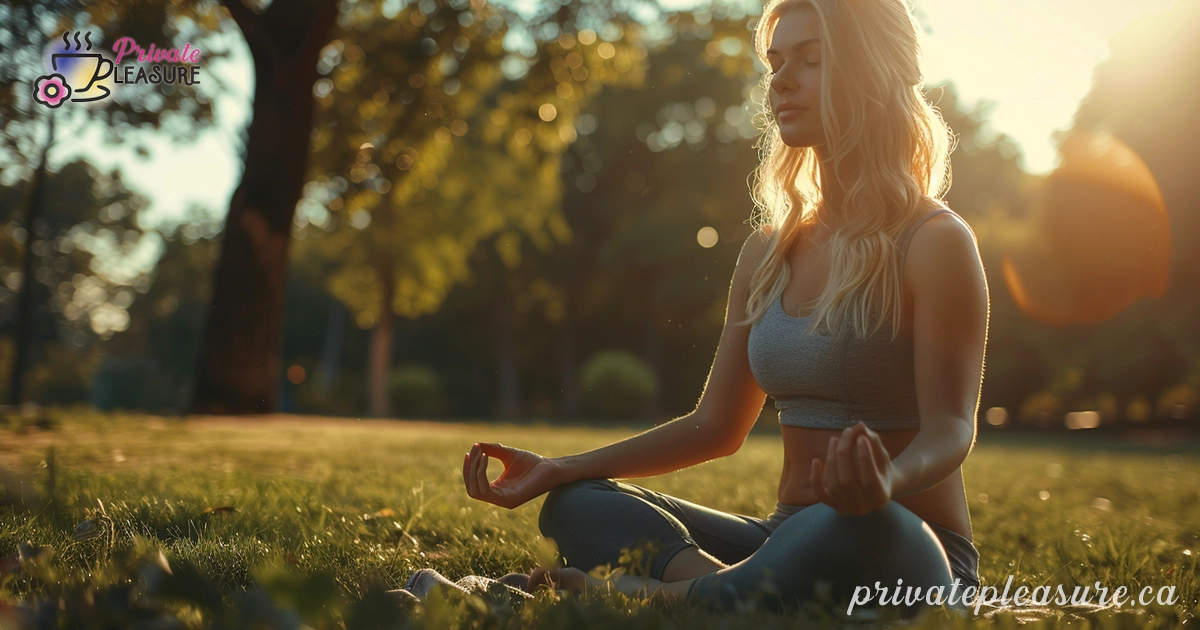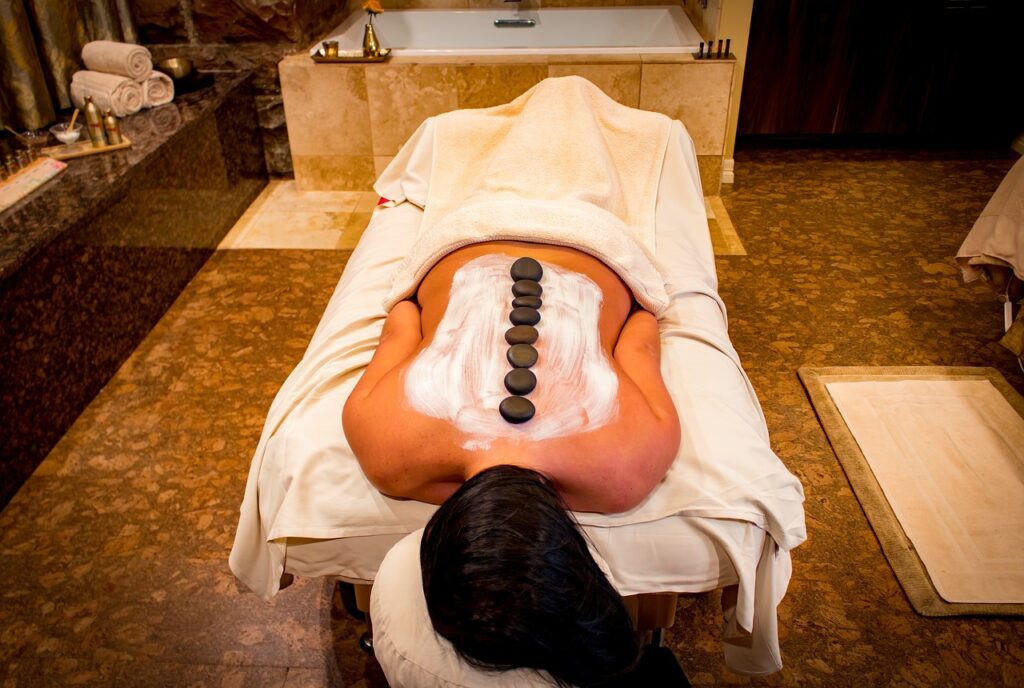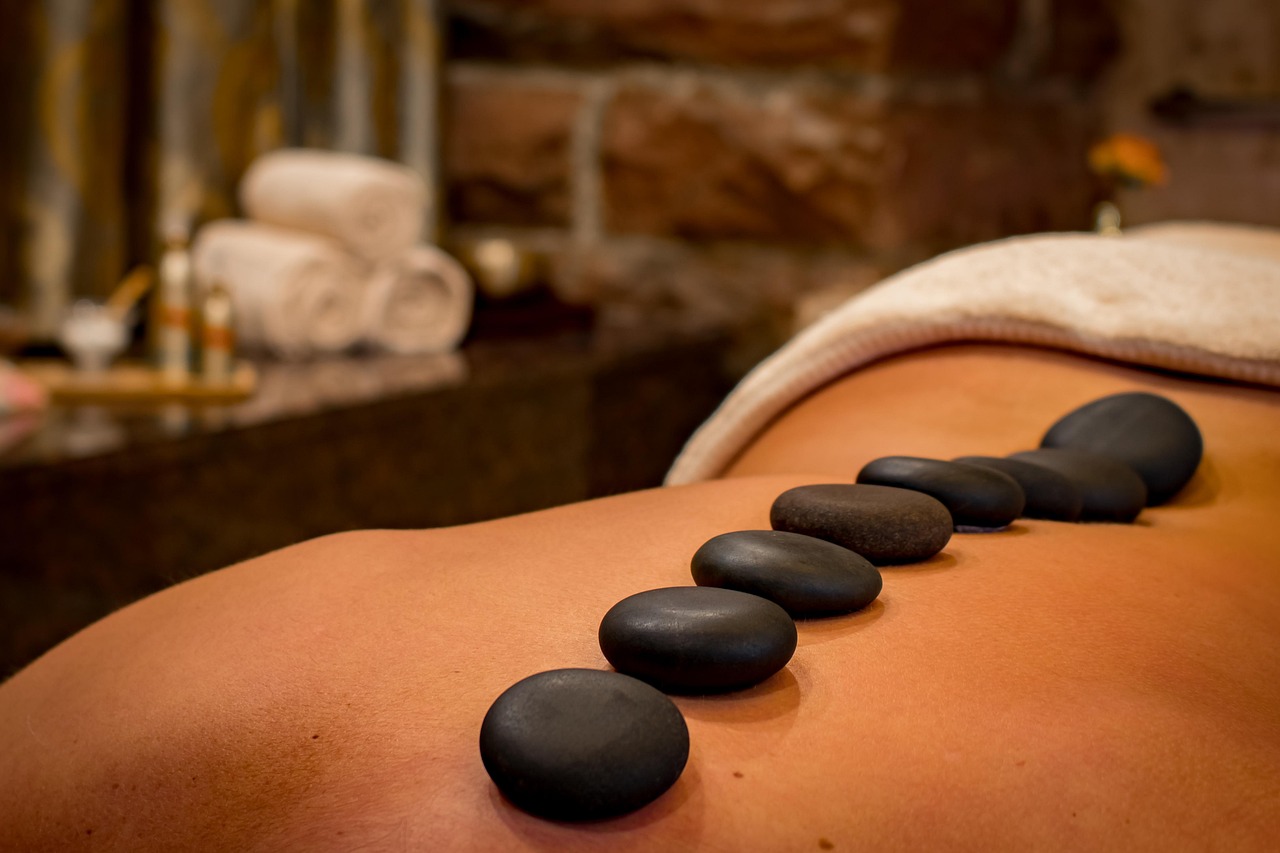Ever feel like you’re rushing through life, ticking tasks off your to-do list but not really living? You’re not alone. In our fast-paced world, it’s easy to lose sight of the moments that make life worth living. But what if I told you there’s a way to not only notice these moments but to amplify them? Enter mindfulness—a practice that might just be the secret ingredient to experiencing deeper, more vibrant pleasures in life. This blog is set to dive into how mindfulness can transform our experiences of pleasure, turning fleeting joys into profound satisfactions. We’ll explore the connection between mindfulness and pleasure, offer tips on incorporating mindfulness techniques into your daily life, and share how these practices can make every moment more enriching. Ready to turn up the volume on your pleasure experiences? Let’s get mindful!
Mindfulness and Pleasure: Enhancing Joy Through Awareness
In the constant hum of daily life, the nuanced flavors of joy often go unnoticed. Mindfulness, the art of being fully present and engaged in the moment, offers a bridge to not only recognizing these pleasures but deepening them. By applying mindfulness techniques across the different domains of pleasure—sensory, emotional, and intellectual—we can unlock a more vivid and fulfilling experience of joy. Let’s explore how mindfulness serves as a magnifying glass, bringing into focus the fine details of our pleasure experiences.
Sensory Pleasures: Savoring the Moment
Sensory pleasures are those that engage our five senses. Mindfulness amplifies these experiences by encouraging us to slow down and truly notice the sensations we often take for granted.
- Mindful Eating: Transforming meals into a sensory experience, mindful eating involves paying close attention to the taste, texture, and aroma of food. This practice not only enhances the pleasure of eating but can also lead to healthier eating habits.
- Nature Walks: Mindfulness transforms a simple walk in the park into an immersive sensory experience. Notice the colors of the leaves, the sound of birds, the feeling of the breeze on your skin. This heightened awareness can turn a mundane activity into a source of profound joy.
- The Art of Listening: Music, the sound of rain, or even silence can offer deep sensory pleasure when we listen mindfully. By fully immersing ourselves in the act of listening, we can uncover layers of sounds and emotions previously unnoticed.
Emotional Pleasures: Deepening Connections
Emotional pleasures arise from our feelings and relationships. Mindfulness strengthens these connections by fostering an open, non-judgmental presence that can intensify feelings of love, empathy, and understanding.
- Mindful Conversations: Engaging in conversations with full attention and presence can deepen relationships. Mindfulness encourages active listening, which can lead to more meaningful connections and emotional satisfaction.
- Gratitude Practice: Mindfulness cultivates an attitude of gratitude, enhancing our capacity to appreciate the people and moments that bring us joy. Keeping a gratitude journal or simply taking a moment to reflect on daily blessings can amplify emotional pleasures.
- Self-Compassion: By practicing mindfulness, we learn to treat ourselves with kindness and understanding, leading to a deeper emotional well-being. Recognizing and accepting our emotions without judgment can enhance our sense of inner peace and joy.
Intellectual Pleasures: Enriching the Mind
Intellectual pleasures come from engaging our minds with ideas, creativity, and problem-solving. Mindfulness sharpens our focus, allowing for deeper immersion in intellectual pursuits.
- Focused Reading: Mindfulness can transform reading from a passive to an active, immersive experience. By reading with full attention, we can absorb and reflect on ideas more deeply, deriving greater pleasure from the intellectual engagement.
- Creative Flow: Mindfulness techniques can help us enter a state of “flow” more easily—the feeling of being completely absorbed in a creative activity. Whether it’s writing, painting, or coding, mindfulness clears the mind of distractions, allowing creativity to flourish.
- Philosophical Inquiry: Engaging with complex ideas or philosophical debates mindfully can enhance intellectual pleasure. Mindfulness encourages a curious, open-minded approach to learning, fostering a deeper appreciation for the richness of thought and discussion.
A Mindful Approach to Pleasure
Integrating mindfulness into our pursuit of pleasure not only heightens the intensity of these experiences but also makes them more accessible in our everyday lives. By being fully present, we unlock a world where the simple becomes sublime, and the mundane becomes magnificent.
FAQs
How do I start practicing mindfulness to enhance pleasure?
- Begin by incorporating small mindfulness practices into your daily routine. This could be as simple as paying full attention to your morning coffee or taking five minutes to meditate each day. The key is consistency and intention.
Can mindfulness help if I struggle to find pleasure in everyday life?
- Yes, mindfulness can be particularly beneficial for those who find it difficult to experience pleasure. By teaching us to notice and appreciate the small joys in life, mindfulness can help rewire our perception of pleasure.
Is it possible to practice mindfulness in a busy, noisy environment?
- Absolutely. Mindfulness isn’t about eliminating distraction but learning to find focus and calm within the chaos. Even in noisy environments, mindfulness can help us center ourselves and find moments of pleasure and peace.
As we navigate the complexities of modern life, mindfulness offers a powerful tool for rediscovering the pleasure in our lives. By encouraging us to slow down, pay attention, and fully engage with the present moment, mindfulness transforms our experience of pleasure, making each moment richer and more meaningful. Whether through the joy of a delicious meal, the warmth of a friend’s smile, or the thrill of a new idea, mindfulness helps us savor the vast spectrum of pleasures life has to offer.



